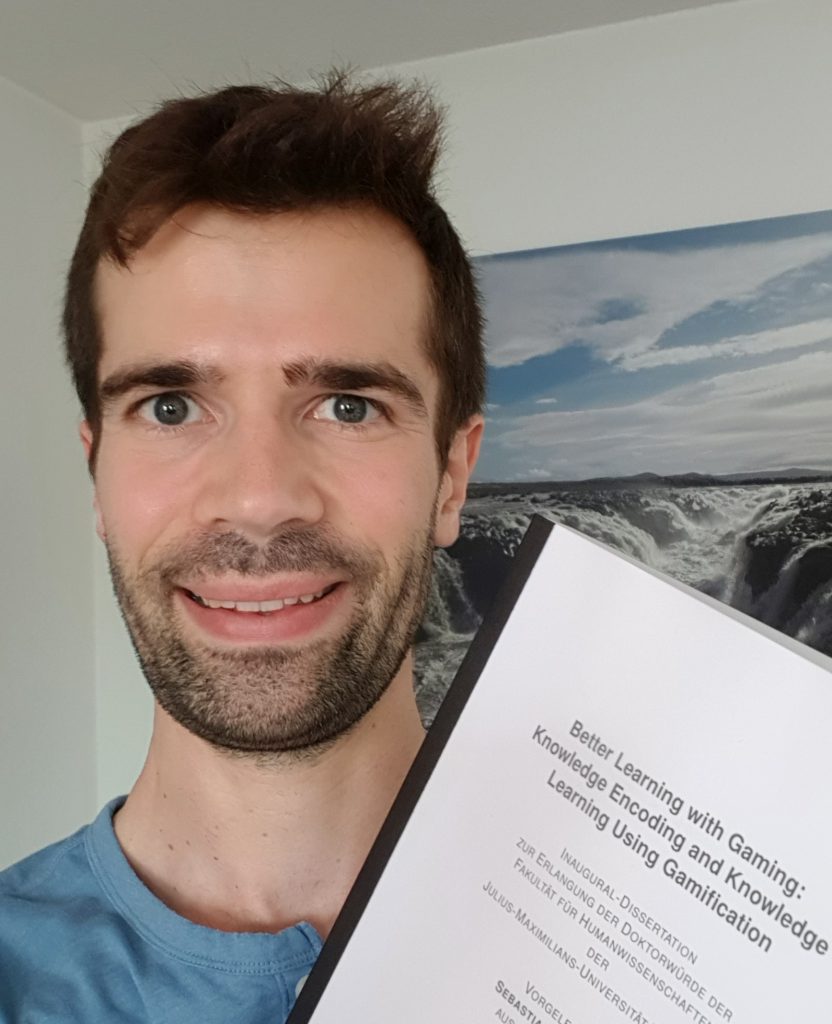Swimming, cycling and running
During my ongoing literature review I often discover interesting facts about things I’ve never thought about. Sometimes I can connect these facts with my own observations: The result is mostly a completely new idea why things are as they are. Maybe these ideas are new to you, too. Therefore I’ll share my new science based knowledge with you!
This week: This time, I think about the importance of happy accidents that at first might sound stressful but can turn out to be more than beneficial.
In the mids of February, about a month after I started the writing process of the cumulative dissertation, I was talking to a friend about endurance sports. During this conversation, I also said that I would need to do something „crazy“ once the thesis is finally complete. My friend used these information immediately to convince me to consider participating in a triathlon in the mids of June.
Since I was not swimming or cycling for years, I was a bit uncertain if I can really complete such an event. So I agreed to join her one evening in the swimming pool to just see if I can stay long enough above water to at least have a slim chance to survive the triathlon. Surprisingly, I did not drown and so I agreed to participate in this event. At this time, I was not aware of how important this decision was.
Having agreed to compete in a triathlon – we decided to attempt the olympic distance (1.5km swimming, 38 km cycling and 10km running in our case) – also meant to train for it. This somehow resulted in me doing sports on a daily basis since this strange day in February. As discussed in several previous articles, I was writing the thesis during this time which resulted in a lot of additional work aside from my normal work at the university. The last one and a half months were especially stressful as I tried to work on the thesis as much as possible.
As a result of this, being motivated to do sports on a daily basis helped me a lot to just compensate all this stress. For instance, during a 10 to 14 km long run, I regained a lot of energy that helped me to continue working on the thesis. Similarly, starting the day with swimming distances between 1.5 and 1.7km helped me to stay focused during the rest of the day.
In the end, I was very lucky as I managed to finish my dissertation in the week prior to the triathlon. In other words, the initial idea of competing in this event after having submitted the thesis became reality! The triathlon took place last Sunday (June 23rd) and was full of surprises: my parents drove for several hours to the venue just to cheer for me!
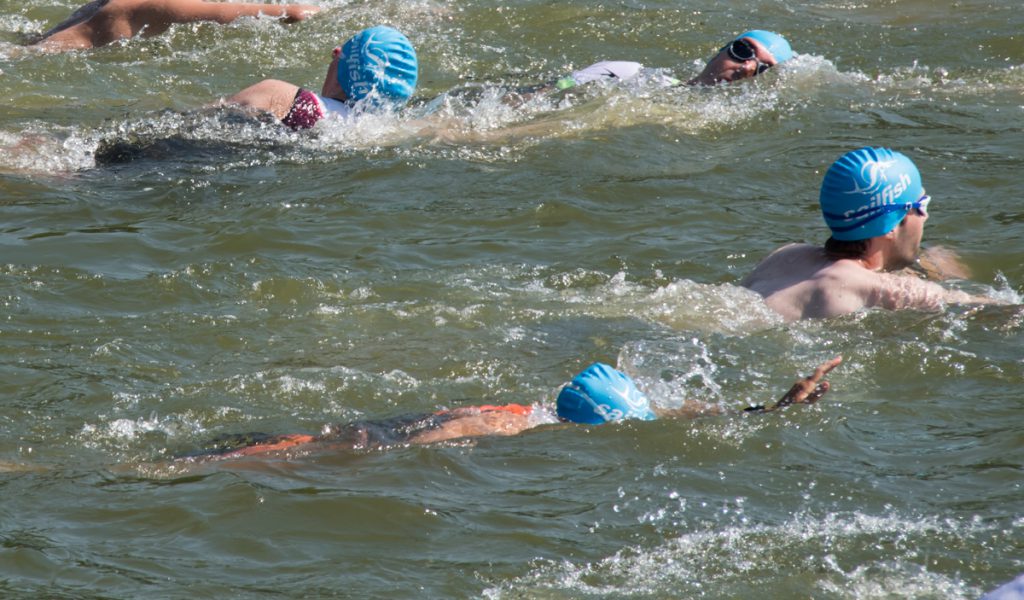
I was mostly concerned about the swimming part. Surprisingly, it turned out to be an energetic feeling to be surrounded by more than 200 other swimmers who tried to get through this discipline as quickly as possible. Despite swimming at my limits, I was enjoying it. After having completed the distance and having sprinted to my bike, the probably most fun part of the event started.
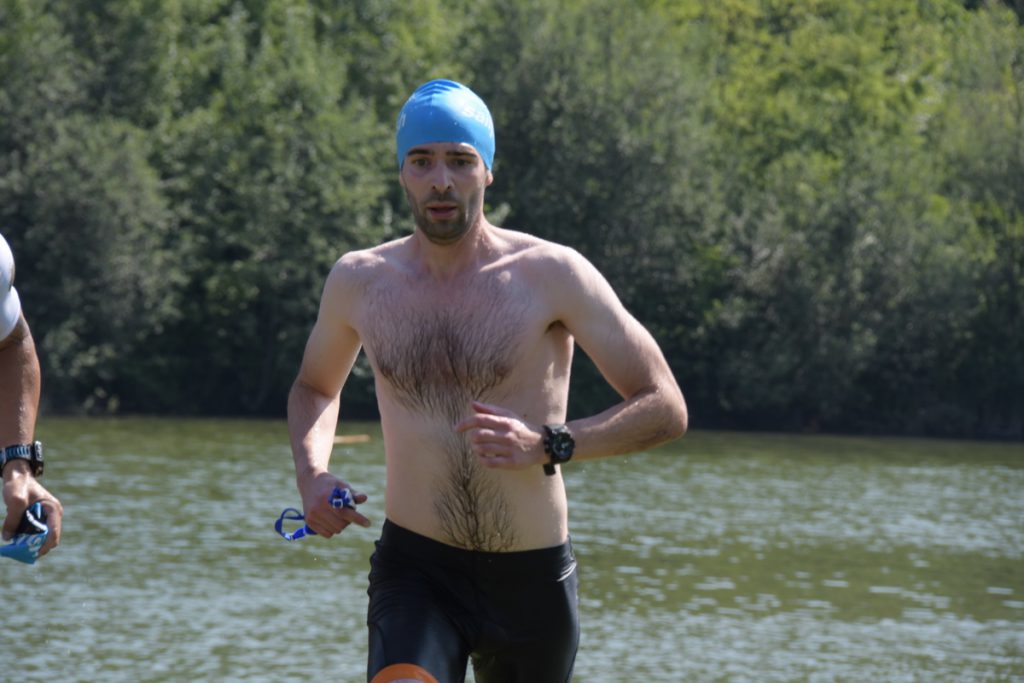
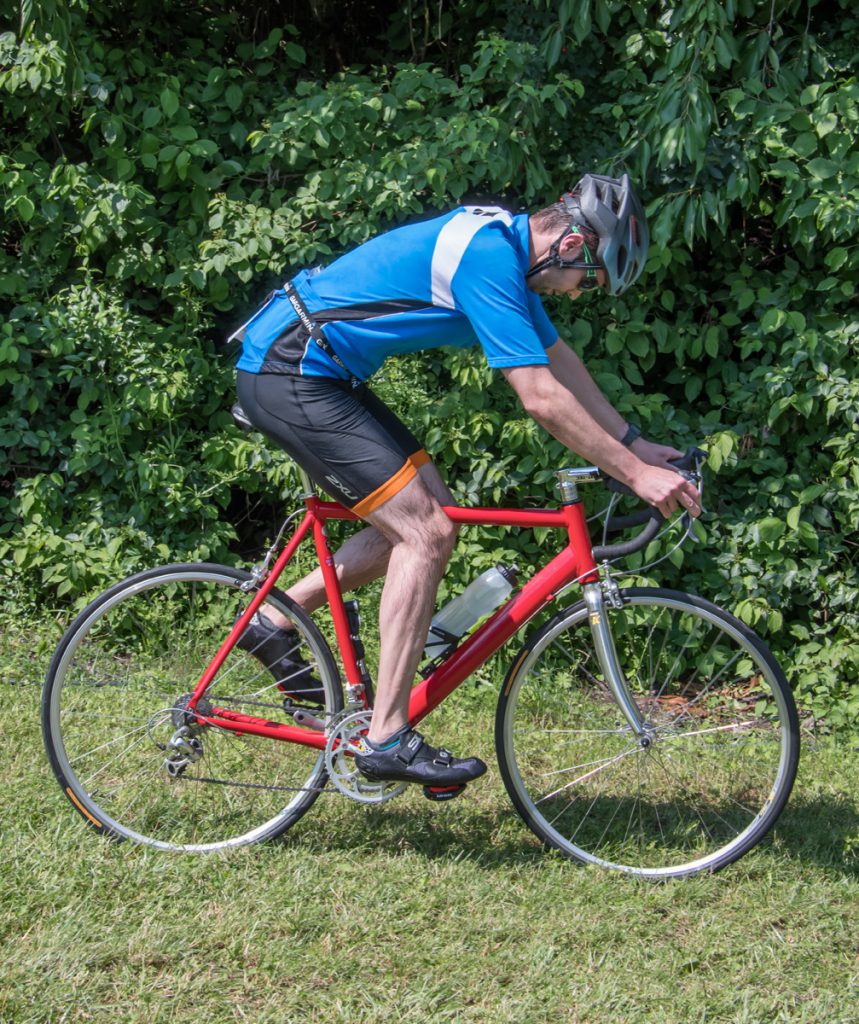
Right from the beginning I began to overtake other athletes and got even more of them as we got into the first slopes. During the first part of the bike discipline, I was thinking back to the day I explored the track with another friend. It felt a bit like cycling with her, but without her being present in reality. Later on, cycling became a bit demanding as it felt like an endless series of slopes. Of course, I overtook other athletes with every slope we tackled, but it was also exhausting: the desire for the final downhill section increased with every uphill segment. Finally, during the last stretch, I was more or less cycling at the same speed as a different athlete and so we overtook each other several times. Each time, we cheered for each other to motivate us to keep on going.
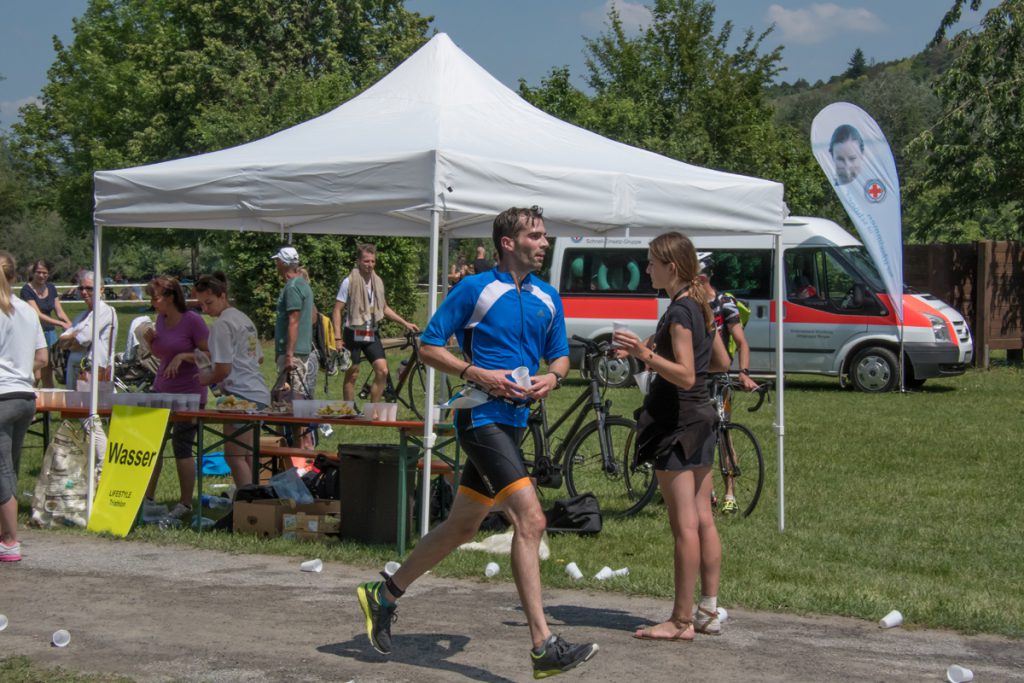
So I returned to the lake and exchanged my cycling shoes for my running shoes. Running, my favorite discipline! At least, as long the weather is cool … or not too humid. Well, that day, it was hot, it was humid and it was calm. It felt like the slowest time I ever needed to complete 10 km. I received so much energy from seeing my mom cheering for me! During the second lap, I set small goals for myself to keep on going (or rather running in this very case). To the end of the lake, to the tennis court, to the turning point … I kept running until I finally crossed the line after 2 hours and 38 minutes (50 minutes after the winner who was a former olympic swimmer and now is a professional iron man).
I even surprised two other friends who were cheering for my friend and me as they have not expected me to be that quick. My friend managed to complete the triathlon, too, and was super happy about her result.
In the end, I am not just writing this to document my thoughts and feelings during my first triathlon. It is more about being thankful. Everyone probably might say that I did it out of my very own motivation and it was just my own discipline and performance that resulted in this achievement. At the end of the day, however, without this conversation 5 months ago, the last few months would have been so much harder.
Thank you! Even though you might never read this, but thank you for having convinced me. You probably changed my life to a tiny bit.
